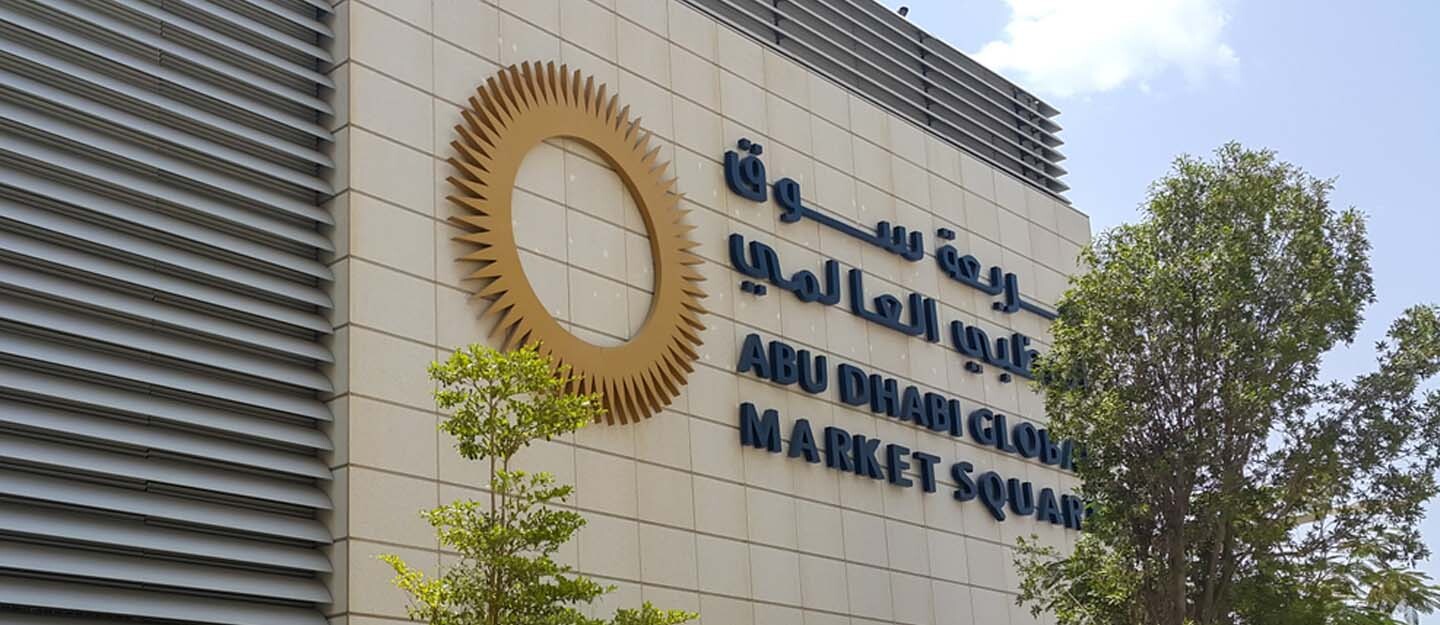On 3 October 2022, the UAE enacted Federal Decree-Law No.42, which will come into effect as of 2 January 2023, the new UAE Civil Procedures Law (the “New Law”).
The New Law amends certain procedures in civil/commercial courts, with the purpose of making the litigation process a more streamlined and efficient.
Below is a summary of the key changes of the New Law:
Official Language of Court Proceedings:
The official language of UAE Courts is still Arabic language. However, the New Law provides an exception where cases may be held in the English language in certain circumstances:
- Where the Vice-President of the Federal Judicial Council or the supervising judge of the local judicial authority issues a decision to direct specific judicial circuits to hold the case proceedings in the English language, including the written submissions;
- If so directed, all court proceedings, decisions, parties and witness statements, statement of claims, court memoranda, supporting evidence/documents, and verdicts shall be in the English language;
- In case the Court decides to hear parties’ or witnesses’ statements whose language is not the English language, it must be under oath and through a certified interpreter according to the rules of the decision issued by the Vice-President or the supervising judge.
Abu Dhabi’s Court of First Instance New Jurisdiction:
The New Law gives the Abu Dhabi’s Courts exclusive jurisdiction over all cases where a ministry or any federal entity is a party to the case.
Experts:
The process of appointing an expert by the Court during case management has changed. The New Law provided that during the case management stage, the supervising judge may request the assistance of one of the local or international experts to prepare or review the reports submitted to the court as part of the case. The court will discuss the outcome of such reports with the appointed expert and have the right to instruct them to amend or add further points to their reports.
It is expected that further regulations will be issued to deal with this in more detail, for example who would bear the costs of appointing experts.
Court of Appeal Council Chambers:
Similar to Cassation Court, Courts of Appeal will have the right to review the Appeal challenges in the Council Chambers upon referral to them without the need for the legal representatives to attend or require the submission of any oral/written pleadings.
The Appeal Courts will have the authority to either issue a decision or schedule hearings for the Appeal on the merits.
Cassation Appeal Period:
One of the significant amendments of the New Law is that appealing before the Court of Cassation shall now be within 30 days, instead of 60 days, from the issuance date of the Appeal judgment.
Cassation Judgements Revocation:
As of 2 January 2022, the Court of Cassation may rescind their decisions or verdicts at their sole discretion or following a request submitted by one of the parties.
Article 190 of the New Law stated that the Court of Cassation may rescind its own decisions/judgments in one of the following situations:
- If the Court or its associated entities made a procedural error that affected the final result of the decision/judgment;
- If the decision/judgment was issued based on a revoked law and applying the applicable law will change the final result of the decision/judgment; and
- If the judgment contradicts any of the judicial principles set out by the Court of Cassation Chambers or is contrary to the principles established by the Court of Cassation.
The rescindment request shall be submitted to the relevant Court (Federal Supreme Court or Court of Cassation) with a deposit of AED 20,000, which will be reviewed by a committee that consists of five (5) judges.
Provisional Attachments:
The New Law grants those who have First Instance Judgements in their favor the right to proceed with preventive procedures such as provisional attachment.
The New Law provided a new time restriction on applying for provisional attachment. The party who has a provisional attachment in their favor is now obliged to commence executing the appeal judgment within a timespan of Thirty (30) days of the attachment’s issuance. Otherwise, the imposed provisional attachment shall be void by law.
Execution Grace Period:
According to the New Law, the debtor has a grace period of seven (7) days (instead of 15 days) from the date of a successful notification in order to amicably clear the debt to avoid any provisional attachment procedures.
In summary, the New Law has been introduced in order to make the process more efficient. Time will tell how these amendments will work in practice.


